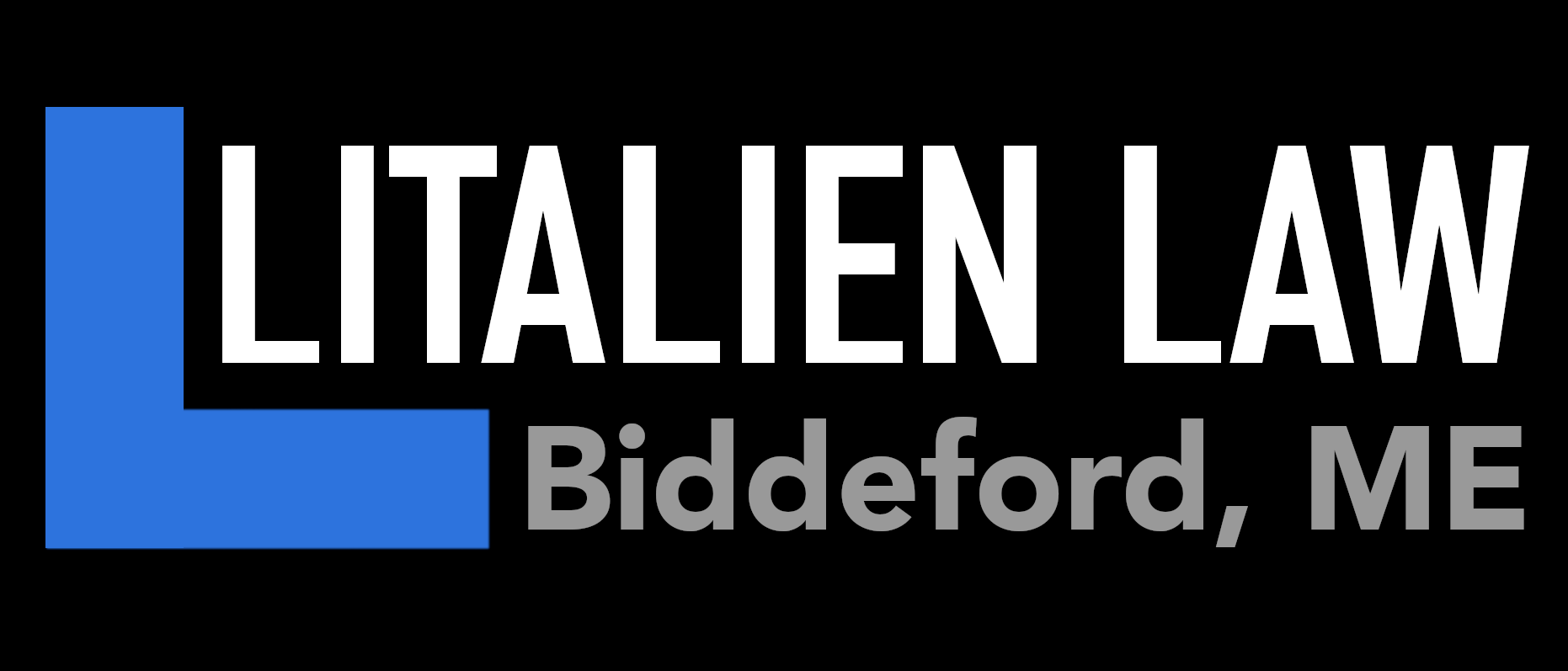In the fast-paced world of business, speed and efficiency often lead companies to rely on Non-Disclosure Agreements (NDAs) to protect valuable relationships, proprietary information, and innovative ideas. NDAs are powerful tools essential for safeguarding confidentiality, yet their effectiveness can be compromised by poor drafting or misuse. It's easy to overlook the fine print when you’re hustling or using a boilerplate template. Many professionals mistakenly believe that having an NDA is enough protection—until it isn’t.
Overly Broad Language
A common pitfall in NDAs is the use of vague or overly broad language in defining what constitutes "confidential" information. Such sweeping definitions can be detrimental, as they make enforcing the agreement difficult. Courts often reject NDAs that lack specificity. Precision and clarity in language are crucial to ensure the agreement holds up legally.
Jurisdiction Issues
Another critical mistake is failing to specify which state or country’s laws govern the NDA. This oversight can render an NDA unenforceable, particularly when parties are located across different regions. It's paramount to clearly state the jurisdiction to avoid legal disputes and ensure enforceability.
Time Limits
NDAs are not indefinite. Once the stated duration ends, so does the protection. It’s imperative to define an appropriate time frame based on the type of information being protected to maintain confidentiality effectively. Ensure time limits are realistic and suitable for the nature of the shared information.
Unrealistic Expectations
It’s vital to recognize the limitations of an NDA. They cannot legally prevent disclosures about illegal activities or threats to public safety. Relying solely on an NDA for complete secrecy can backfire. Acknowledging these limitations helps in setting realistic and enforceable expectations.
Reputation Risks
Utilizing NDAs to silence whistleblowers or conceal wrongdoing can severely harm a company's reputation. Such actions may lead to public backlash and destroy credibility. Transparency and ethical practices should take precedence to preserve public trust and integrity.
Too Many Versions
Inconsistencies arising from using different NDAs across various vendors and partners can lead to confusion and legal liability. Standardizing and tracking the use of NDAs across all business dealings is of utmost importance to ensure consistency and avoid costly misunderstandings.
While NDAs are an invaluable part of your information protection strategy, they are not all-encompassing. Treat NDAs as one component of a comprehensive approach to confidentiality. Consulting a legal expert can help you avoid these common pitfalls and prevent costly oversights, ensuring your NDA is both effective and enforceable.

